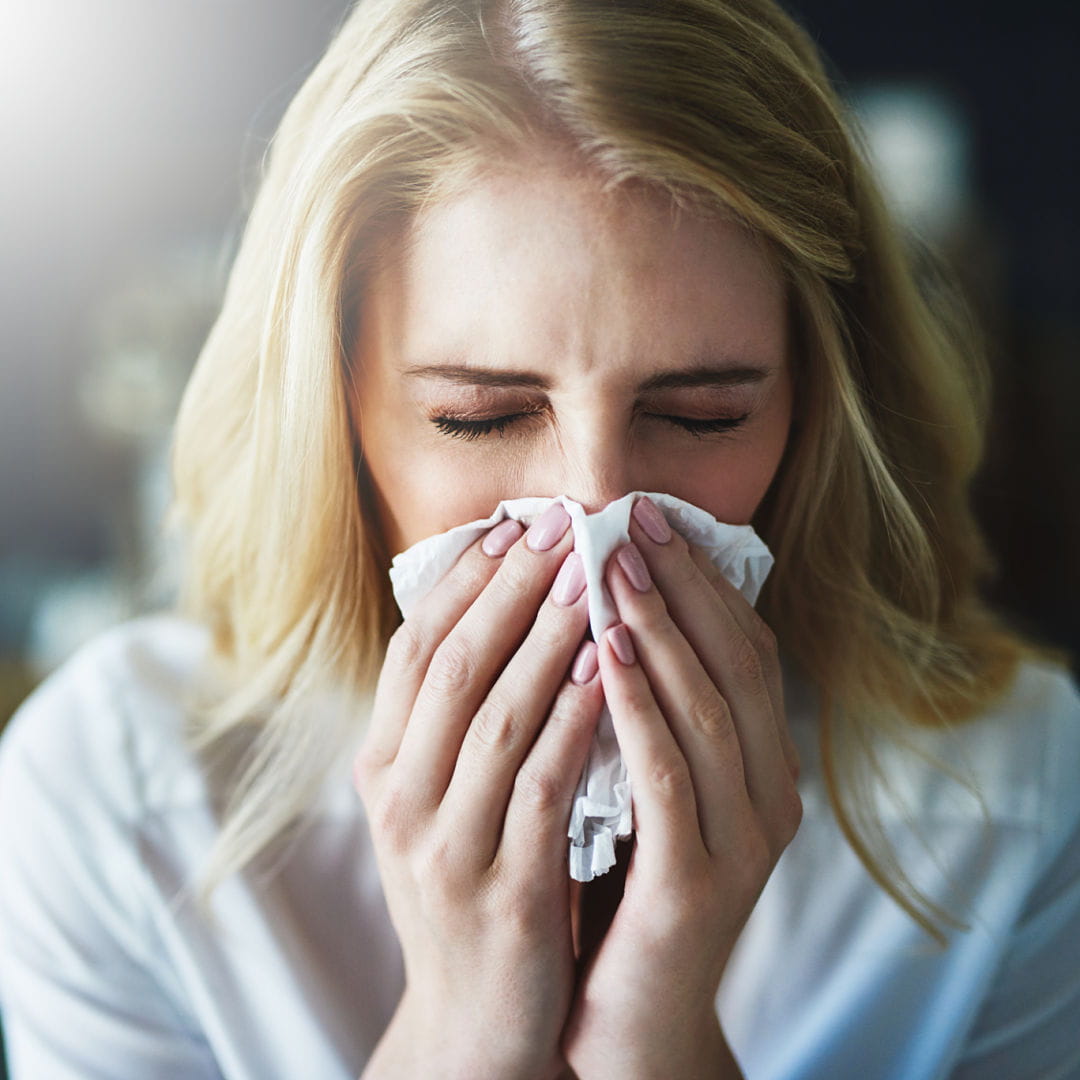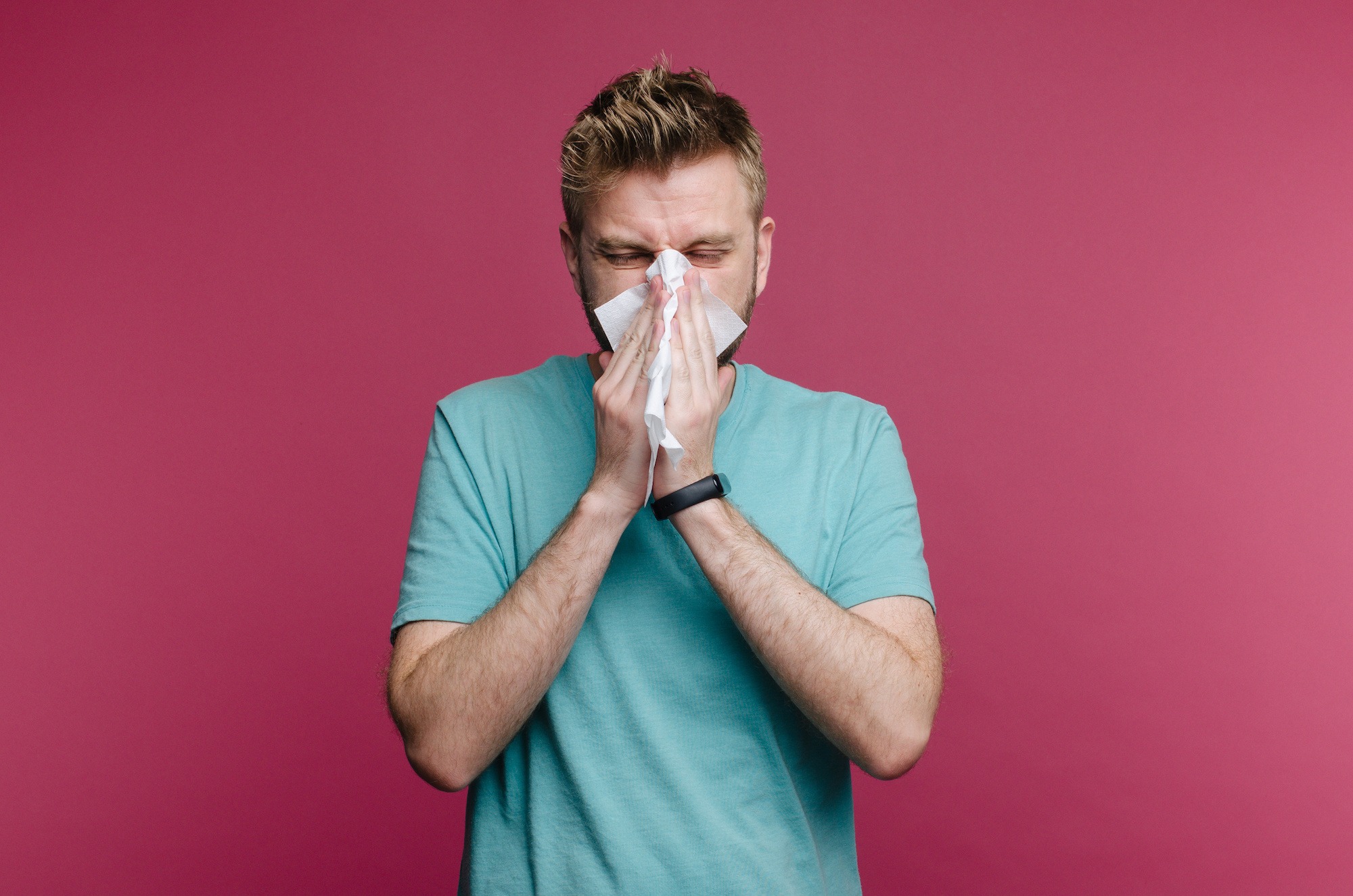Post Nasal Drip, also known as post-nasal drip, is a common condition that affects millions of people across the world. It is characterized by dripping mucus from the nasal passages. The effects can be quite irritating to some, causing itching and watering of the eyes. Sufferers may also experience pain in the sinuses, throat, and headaches. When left untreated, post-nasal drip can lead to further health complications such as strep throat, rhinitis, sinusitis, and even brain abscess.
Though there are many different symptoms that may indicate post-nasal drip, only a few are the basis for a proper diagnosis. If you suspect that you are suffering from this condition, one of your first steps should be to schedule an appointment with your doctor. Once your symptoms are properly diagnosed, you can start treatment to relieve or eliminate the symptoms. Common treatments include nasal steroid sprays, decongestants, and nasal sprays. Here are some additional tips to help you treat and prevent this common health problem:
One of the biggest post-nasal drip causes is simply smoking. Smoking makes mucous membranes more sensitive. When mucus membranes become overly sensitive, it can produce more mucus than usual and therefore clog the airways. This condition is known as post-nasal drip. By quitting smoking, you can greatly reduce your chance of experiencing this irritating symptom.

Another way to treat and prevent post-nasal drip is to take medications such as amlodipine besylate or decongestants such as fluconazole. These medications can help you treat the inflammation caused by excessive production of mucous. Also, these drugs are effective in reducing the amount of sore throat cells that trigger post-nasal drip. Antihistamines also work to reduce the buildup of mucous in the sinuses, thus reducing the amount of discharge you experience.
If you still have post-nasal drip symptoms despite taking medications to treat them, you may want to consider seeking medical attention. Your doctor may prescribe medication to help alleviate your symptoms, or he may recommend a nasal spray to help minimize the amount of mucous production. He may also suggest an antibiotic, to help treat your sinusitis if you suffer from recurring rhinitis symptoms. Once your sinusitis has subsided, your doctor will be able to determine the cause of your post-nasal drip.
The cause of your post-covid syndrome symptoms could be anything from an allergic reaction to an irritant or virus to a deeper issue that is affecting your sinuses. For example, a common cause of post-covid syndrome is allergies. If you suffer from a runny nose, cough, sore throat and other post-covid symptoms, it could be allergies to dust, mold or pet dander. Other potential allergens include dust mites, pollen and more.









